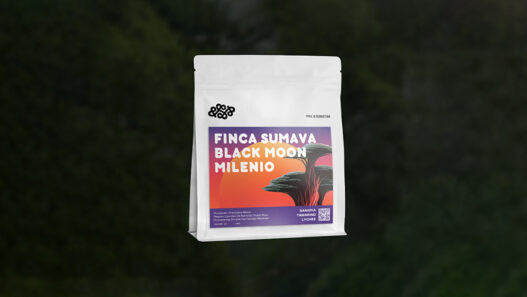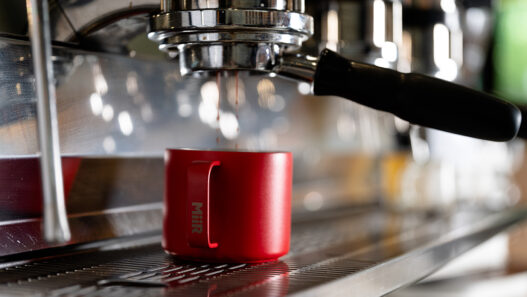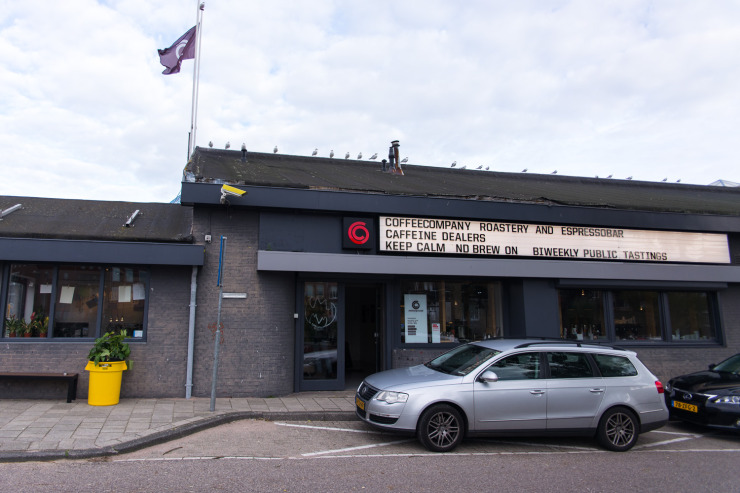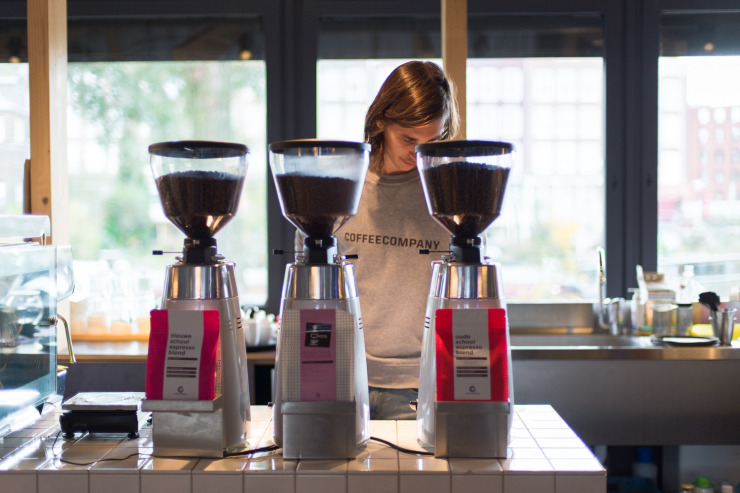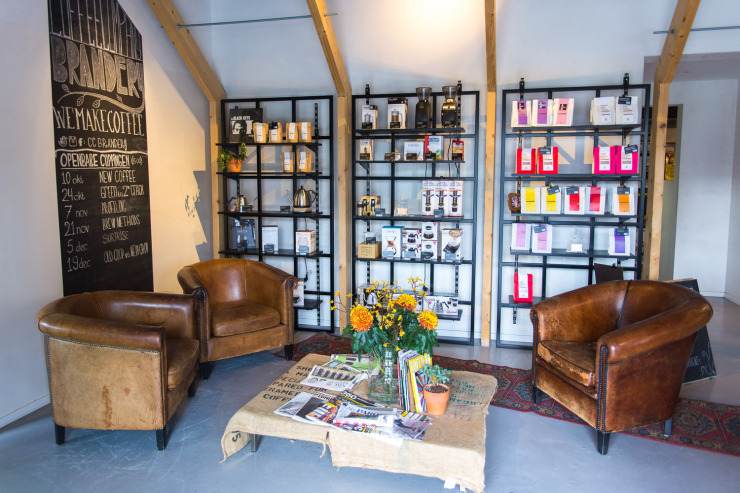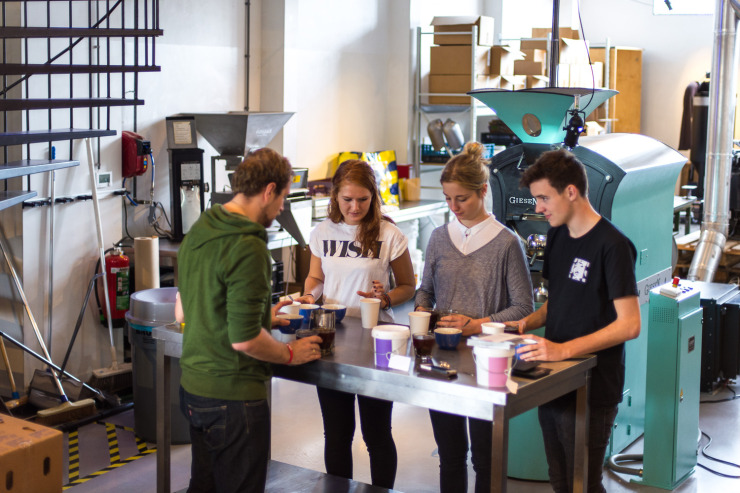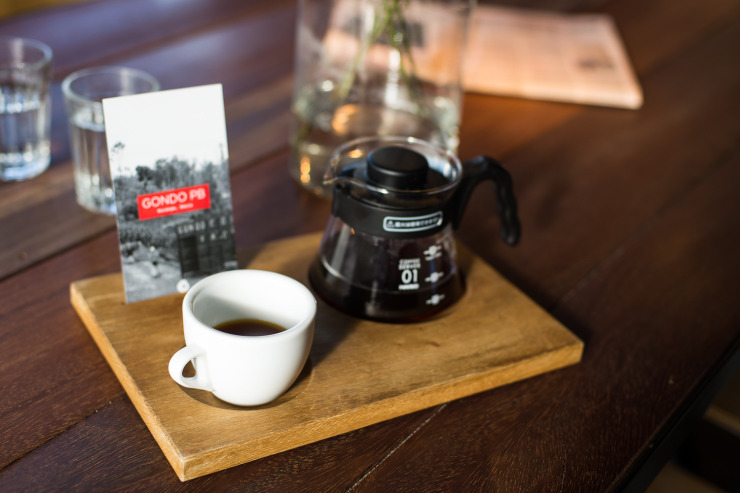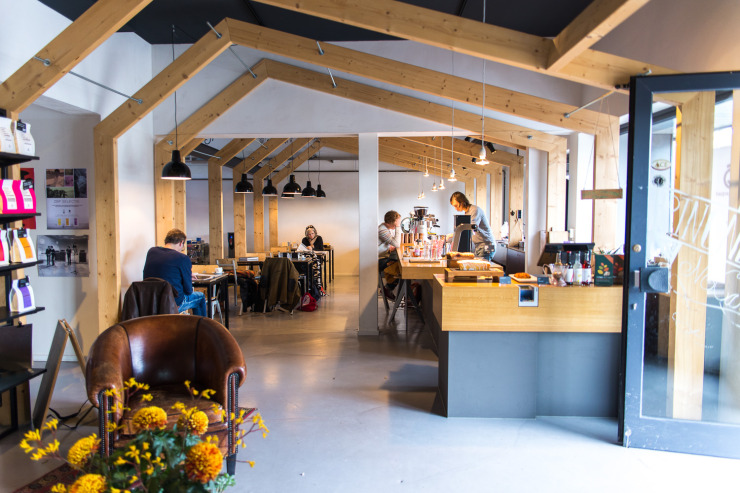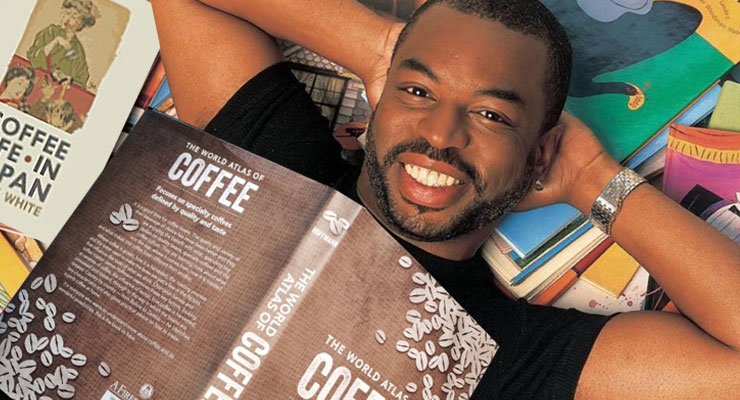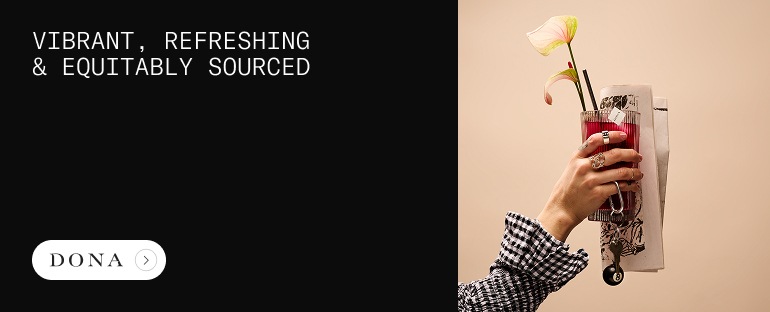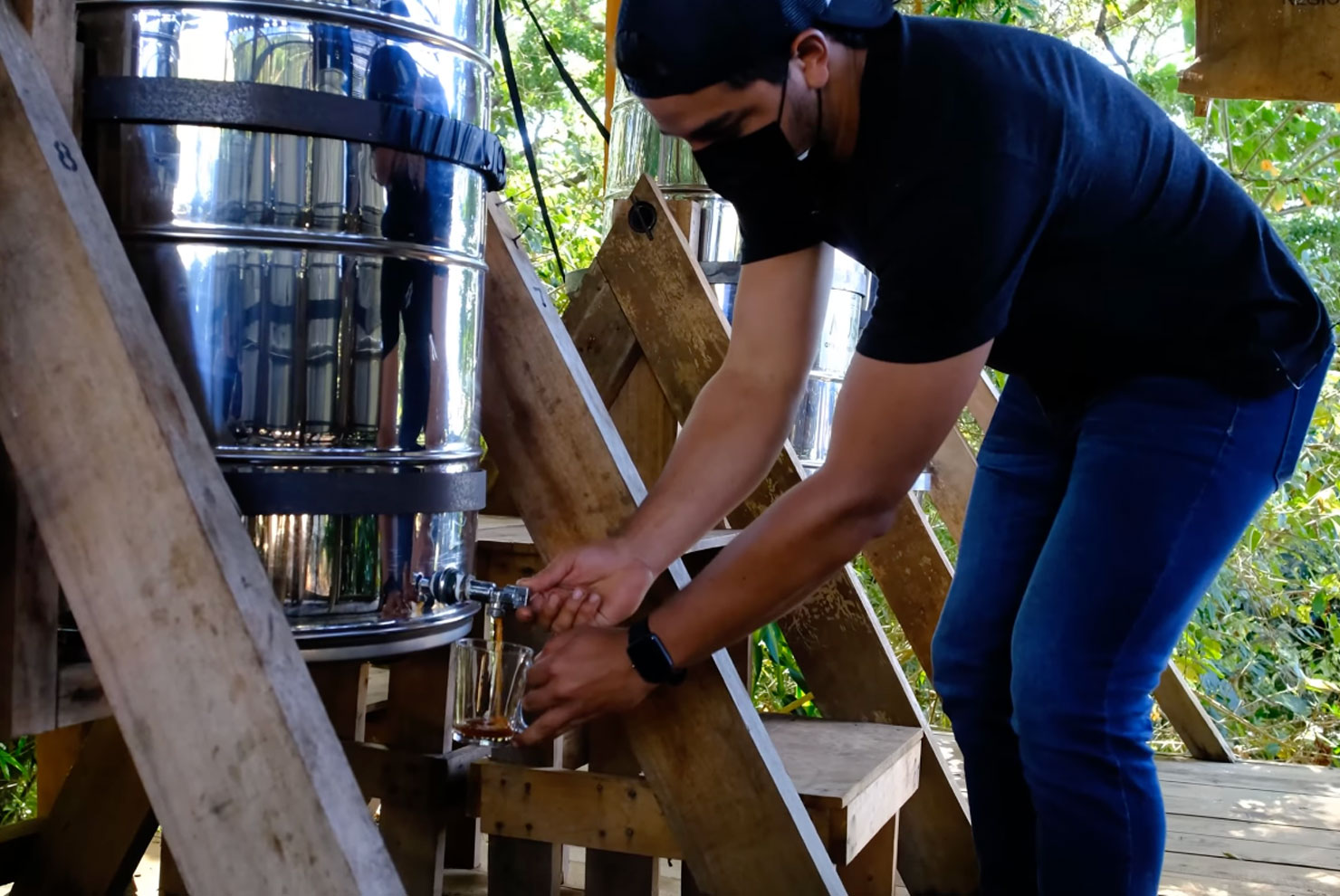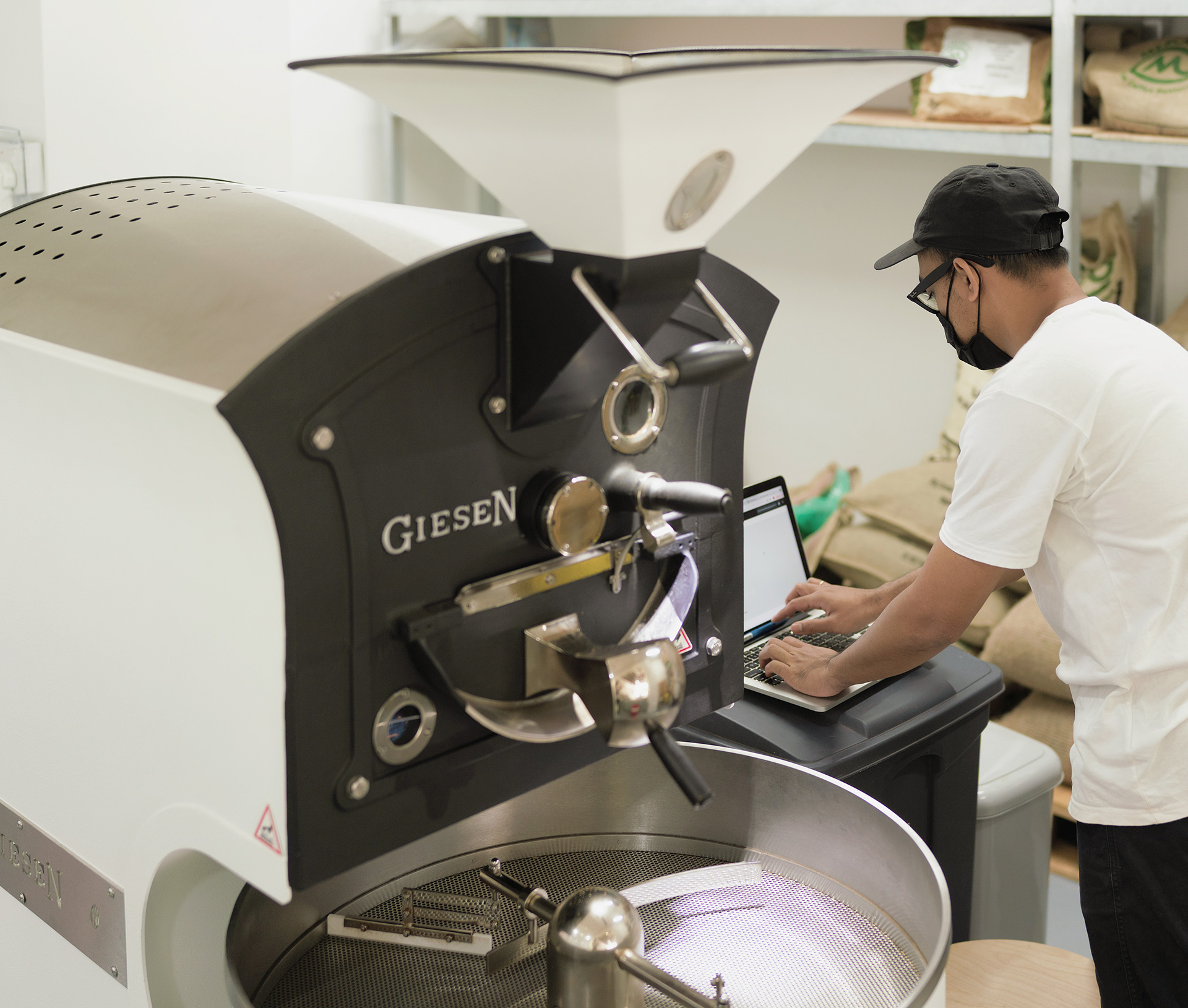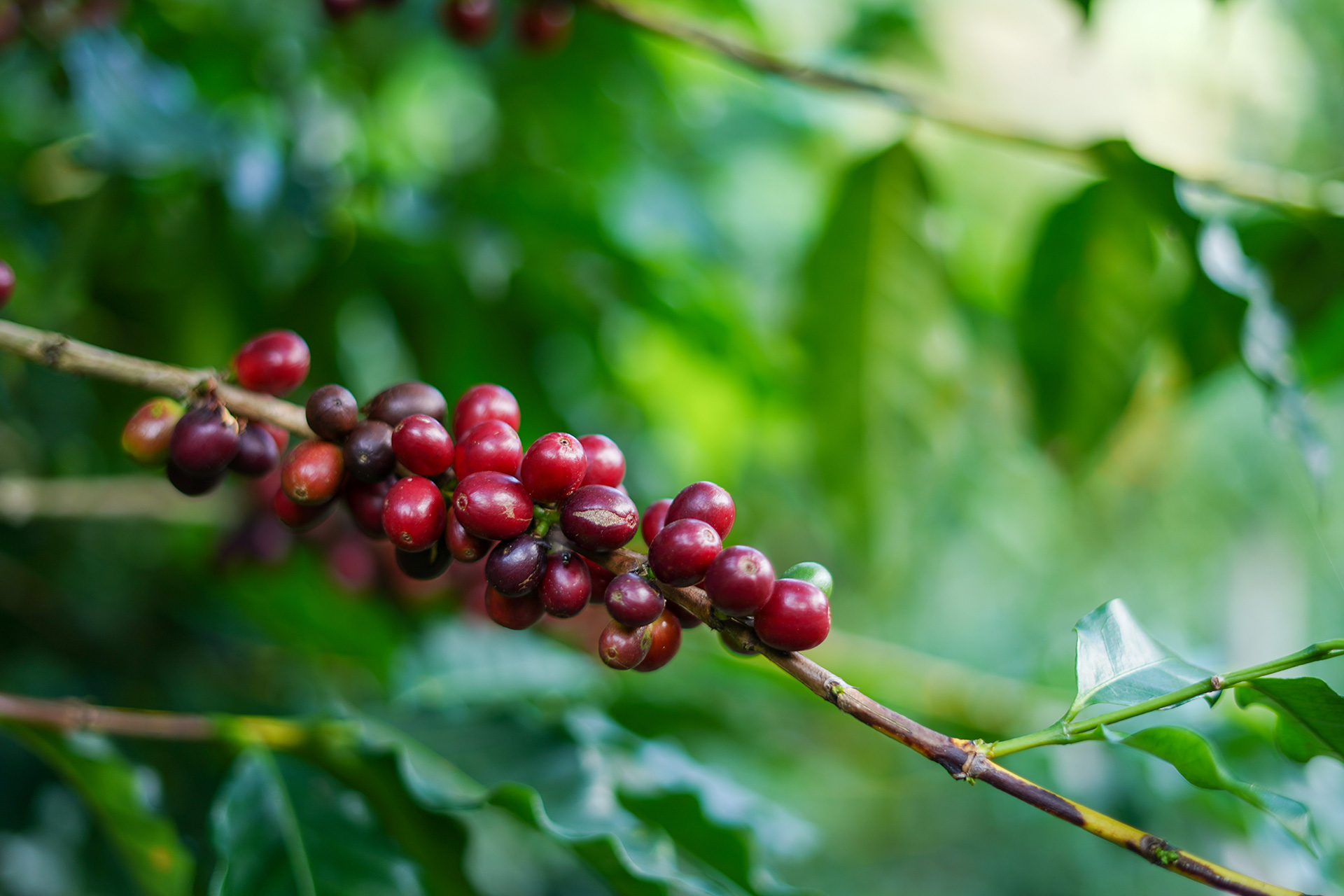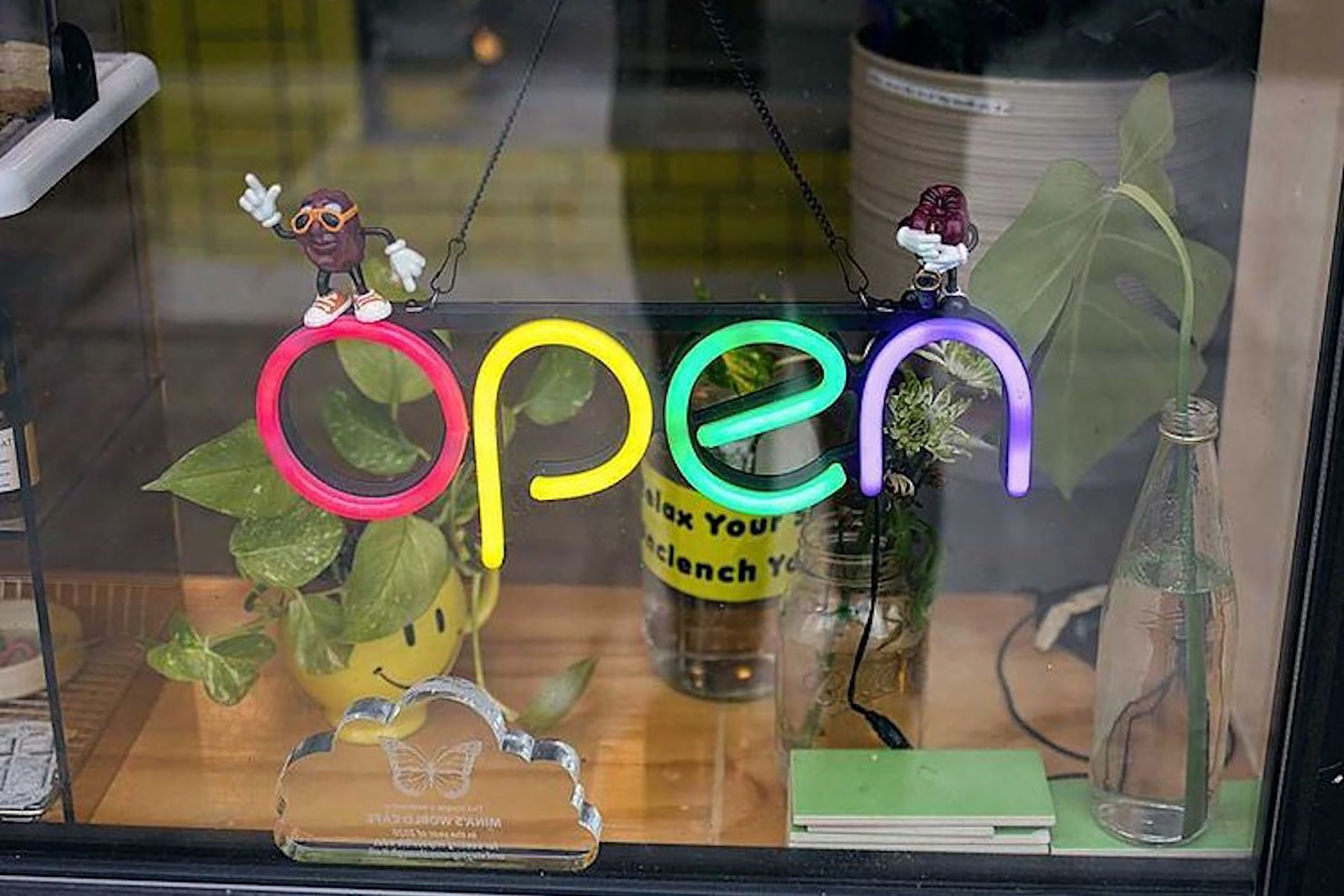In the past ten years, the third wave coffee movement has created a thriving environment for independent coffee shops in many cities around the world. Customer curiosity about coffee continues to increase, together with the demand for specialty and small-batch coffee options, along with a sharper focus on quality, sourcing, barista training and coffee education. We’ve seen independent coffee shops turn into chains, but can the transition from a mass-market focused company to a “Third Wave” approach work? Can a big coffee chain achieve the quality and consistency needed to pull it off?
Amsterdam is finding out. A Dutch chain called Coffee Company, which opened its first shop in Amsterdam in 1996 and dominates the market with thirty-six branches in the Netherlands, has thrown its hat into the specialty-curious ring. Coffee Company’s strategy from the beginning was to offer an exciting coffee menu in a relaxed environment, in a smaller scale than what Starbucks was doing in the rest of the world (the US giant didn’t open in Amsterdam until 2007). Rather than ignoring the competition from small independent shops, Coffee Company has joined in and made an effort to position itself in the specialty coffee community, a strategy that led them to open of the company’s flagship store in Oosterdok in August 2013, and a roastery and tasting room in the Eastern Docklands this year.
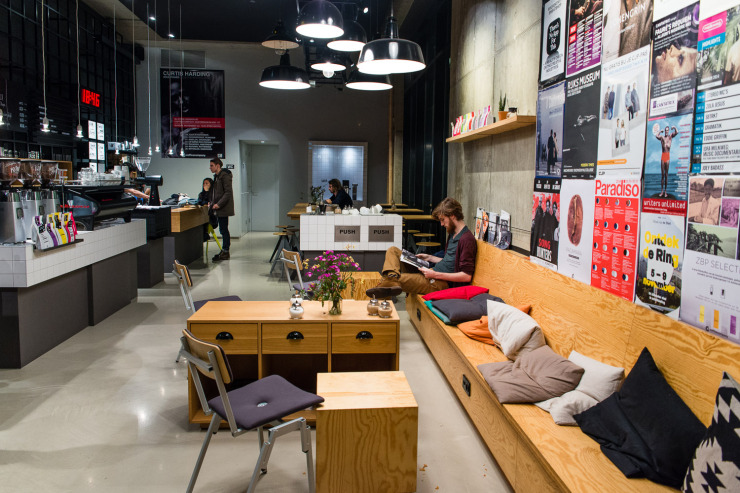
The coffee industry in Amsterdam began to shift in 2010, when Stumptown’s coffee pop-up helped kickstart a revolution across the city. Jasper Uhlenbusch, green coffee buyer for Coffee Company, describes the change in the coffee scene: “In the past 2-3 years we have seen quite a jump in the number of small indie shops, often with their own roasting. They were opened by guys and girls from the same group that have been putting on latte art throwdowns and being friends with the same ambition: taking specialty coffee to the next level in this city”.
Uhlenbusch explained that Oosterdok was the location they came up with when they decided to start from scratch and rethink the whole setup of a shop. “There are many cool features in the design of the store, which came to life after a brainstorming with our top baristas,” said Uhlenbusch. “For instance, the communal table transforms into an elevated cupping table and the big clock doubles as a timer for cupping.”
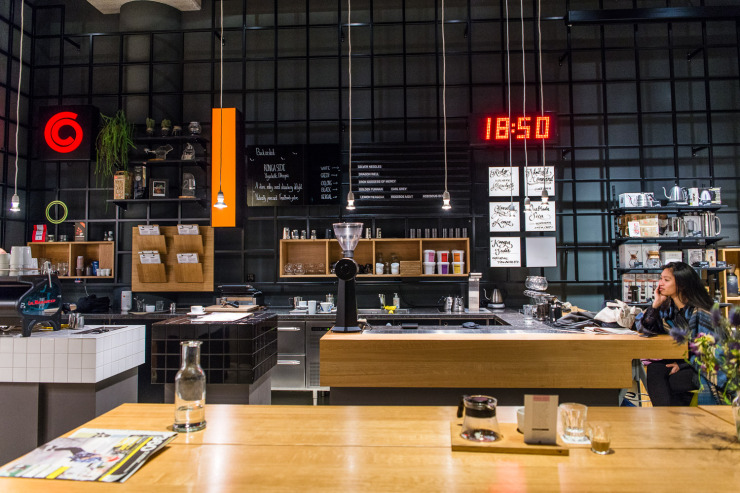
During a recent trip to Amsterdam I had the chance to visit both locations in Oosterdok and the Eastern Docklands neighborhood of Branderij. Oosterdok is sleek and modern, with a long communal table for cupping, a brew bar, black tiles and a neon orange digital clock glaring from the wall. Branderij also has a modern coffee bar, but the seating space is stripped back. There’s a high ceiling and wood and white details, as well as comfy arm chairs; at the back of the coffee bar lies the training room and roastery. Every Coffee Company shop retains its own personality, Stijn Braas, store manager of Oosterdok explained to me, because “the personality is created by the people working in it. The baristas are the foundation of a shop and its uniqueness. A concept cannot work when there is no one to meet the expectations it creates.”
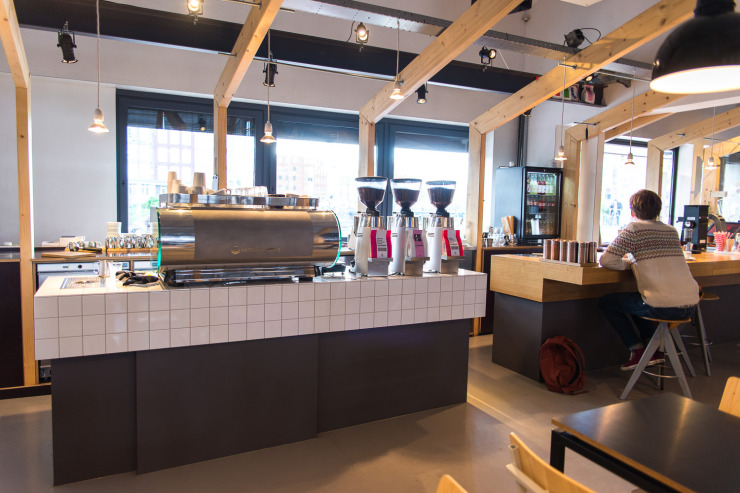
While barista training and workshops are important for Coffee Company to present itself as a competitor to specialty coffee shops, another essential element of their marketing strategy is consistency. How hard is it to maintain the same quality standards of the flagship and roastery in all other shops around the country? According to Uhlenbusch “it is a challenge, but one that keeps us occupied in a fun way. We might be large, but with thirty-six locations in total we are nowhere near the size of some of our international competitors, and we have always put a lot of effort in training our baristas.” Uhlenbusch points out that many people draw a connection between smaller independent shops and specialty, but stresses this is not necessarily the case, in either direction. “Not all espressos pulled in all our cafes are good shots, but a small shop faces challenges as well”.
The opening of the roastery and the launch of biweekly workshops and public cuppings have been helping to shift people’s perceptions of Coffee Company. “We wanted to showcase to our customers the qualities of our company. A lot of them didn’t know that we have been sourcing our own coffee directly from farmers since the beginning in 1996. We created the roastery to do small-batch roasting so that we could offer more freshly roasted single origin coffees, and the new store was designed to brew, serve and present those coffees” says Jasper, who adds this approach “has generated a lot of enthusiasm, both within the company and from our customers”.
Oosterdok manager Braas believes that shifting customer impressions can be done gently, rather than by forcing information on people. “Personally, I’m not a fan of educating,” says Braas. “The purpose of visiting a shop varies a lot and people have different expectations dealing with a barista. I myself don’t particularly like being educated in a shop, and I try not to act like a teacher. The value of specialty coffee is most of all in flavour: if I can show just how special specialty coffee can be just by presenting a drink, I think I achieved something quite remarkable already.”
So, can a big coffee chain successfully transition from a mass market to a specialty market? Braas’ goal is to create the best coffee shop he could imagine within the constraints of being a chain. “We were a non-traditional coffee chain all along,” Braas told me. “Now we have just taken it a lot further.”
Giulia Mule is a Sprudge.com contributor based in London. Read more Giulia Mule on Sprudge.
All photos by Giulia Mule for Sprudge.com




